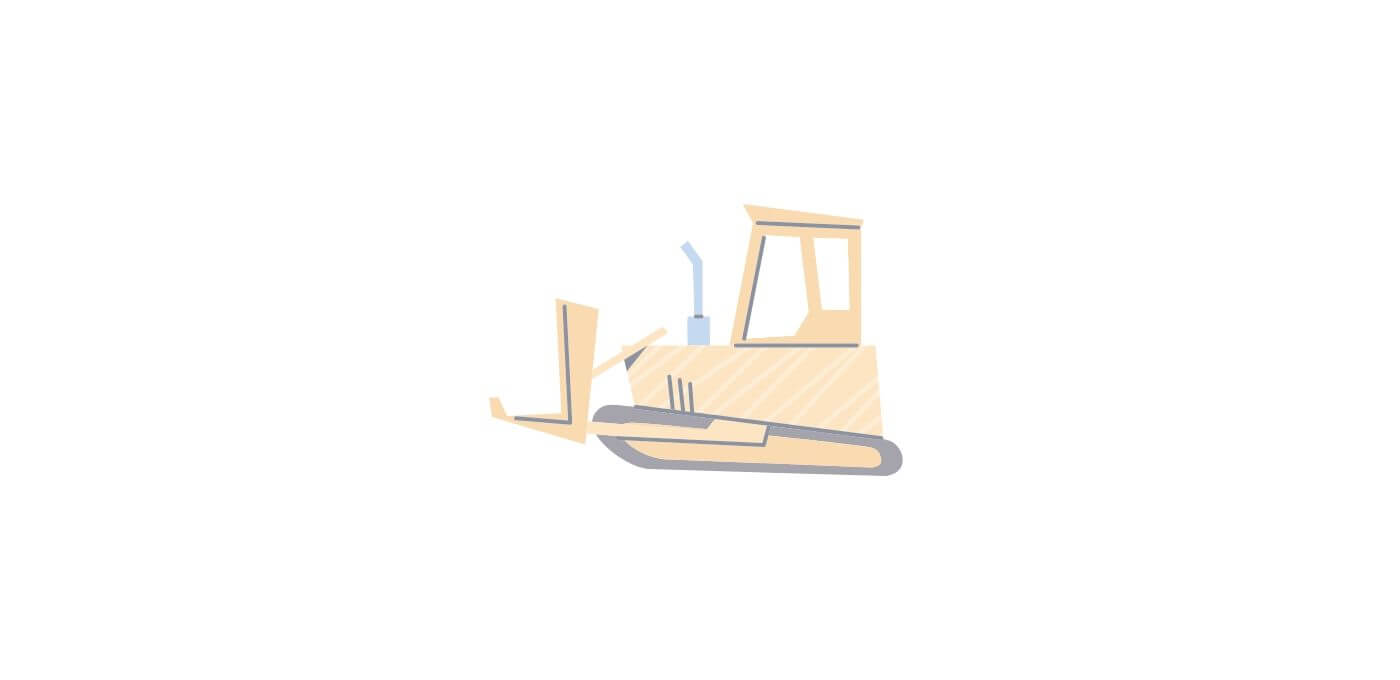
Soil mechanics and geotechnical engineering involve the study and analysis of natural materials, specifically soil, manure, plant tissue, and water. Soil mechanics and geotechnical engineering labs typically perform testing for the purposes of determining soil health and fertility, water quality, soil mix quality, agricultural viability, and so forth.
These facilities are often called on by farmers and agricultural groups to assess land and crops, or by builders and conservationists to manage construction and environmental factors.
As a laboratory design and construction firm, we help to create incredible furniture solutions for labs in virtually every industry, including soil mechanics and geotechnical engineering. Our experienced team can help you find the lab casework, workbench, and equipment options that are right for you, and help you choose the best materials and configurations to help keep your facility running smoothly.
View More Lab Design Guides:
Choosing a Facility: What to Look For
While some labs may be able to get away with small facilities, soil mechanics and geotechnical engineering labs need ample space for the storage of samples and the housing of large machinery. Choosing a facility with ample floor space can help you ensure you’ll have room for all necessary equipment and personnel, and that you’ll be able to grow in the future if necessary.
Next, you should look for a facility that already has a quality plumbing system, since your soil mechanics and geotechnical engineering lab will be handling lots of water throughout the course of your work. Your facility should also be pre-equipped with a functioning HVAC system, since installing this yourself can be incredibly costly and difficult. Soil, manure, and sedimentary testing can be a dusty, fume-filled experience, so good air circulation and filtration is an absolute must.
Soil Mechanics and Geotechnical Engineering Lab Furniture
Handling large amounts of soil, sediment, rock, and other organic materials require a lot of careful organization. Often quite heavy and messy, soil mechanics and geotechnical engineering lab samples can take up a whole lot of space in storage and at your workstation.
A cluttered or messy workspace is never conducive to a productive atmosphere, so be sure to fully outfit your soil mechanics and geotechnical engineering lab with the necessary furniture before you get started on your work.
Workbenches
Workbenches provide isolated areas for lab personnel to conduct testing and research and can be a great space to store materials currently being used. At OnePointe Solutions, our workbenches come in a huge variety of configurations and feature tons of optional accessories so you can customize your workspace.
We even offer specialty tables and workbenches to house important equipment like microscopes and mass spectrometers. Some option add-on accessories we can include in the design of your workbenches include:
- Computer mounts
- Drawers
- Mounted casework
- Modular shelving
- Plug and power strips
- Steel and particle board pegboards
- Footrests and ergonomic supports
- Casters
- Edge rails
- Keyboard trays
- Upper and lower bin shelves
Seating
The process of soil analysis involves a lot of sitting, which can put a serious strain on an individual’s back. Poor posture does more than just make you look slumped, it can damage your spine, cause pain, and reduce productivity.
Alongside our ergonomically designed tables and workbenches, OnePointe Solutions also offers ergonomic seating so lab personnel can conduct their work safely, comfortably, and efficiently.
Casework
Samples that aren’t actively being used should be safely organized away in storage to prevent cross-contamination, spills, drops, and general clutter. Samples should also be organized in such a way to prevent reactive agents from meeting, and any chemicals or corrosive materials should have their own dedicated shelving.
To aid in the organization of samples, testing materials, small tools, and equipment, we provide fully customizable casework in a variety of configurations:
- Base cabinets
- Sink cabinets
- Wall cabinets
- Mobile cabinets
- Suspended cabinets
- Wall shelving
- Modular reagent shelving
- Fixed reagent shelving
- Lab islands
- Corner cabinets
Appropriate Surfaces
Alongside choosing the right furniture, you will also need to choose appropriate surface materials for your lab. In soil mechanics and geotechnical engineering labs, moisture resistance, scratch resistance, and corrosion resistance are most important.
OnePointe Solutions offers a range of surface materials, a few of which are recommended for use in soil mechanics and geotechnical engineering lab design:
- Epoxy resin
- Stainless steel
- Phenolic resin
Custom Design
New to lab design and looking for some guidance? If you’re unsure where to start, or just want a second opinion, contact OnePointe Solutions to schedule a visit from our laboratory design team.
We’ll come to your facility anywhere in the U.S. to perform an analysis of your needs, make design suggestions, and offer a custom quote. After our visit, you’ll receive one-of-a-kind 3D renderings of our vision for your lab completely free of charge.
Once we settle on a design, we’ll get to work right away building your custom lab furniture right here in the U.S. Finally, we’ll install your lab furniture to ensure the job is done right, and you’ll be free to start enjoying the convenience and performance of your OnePointe Solutions lab furniture.


